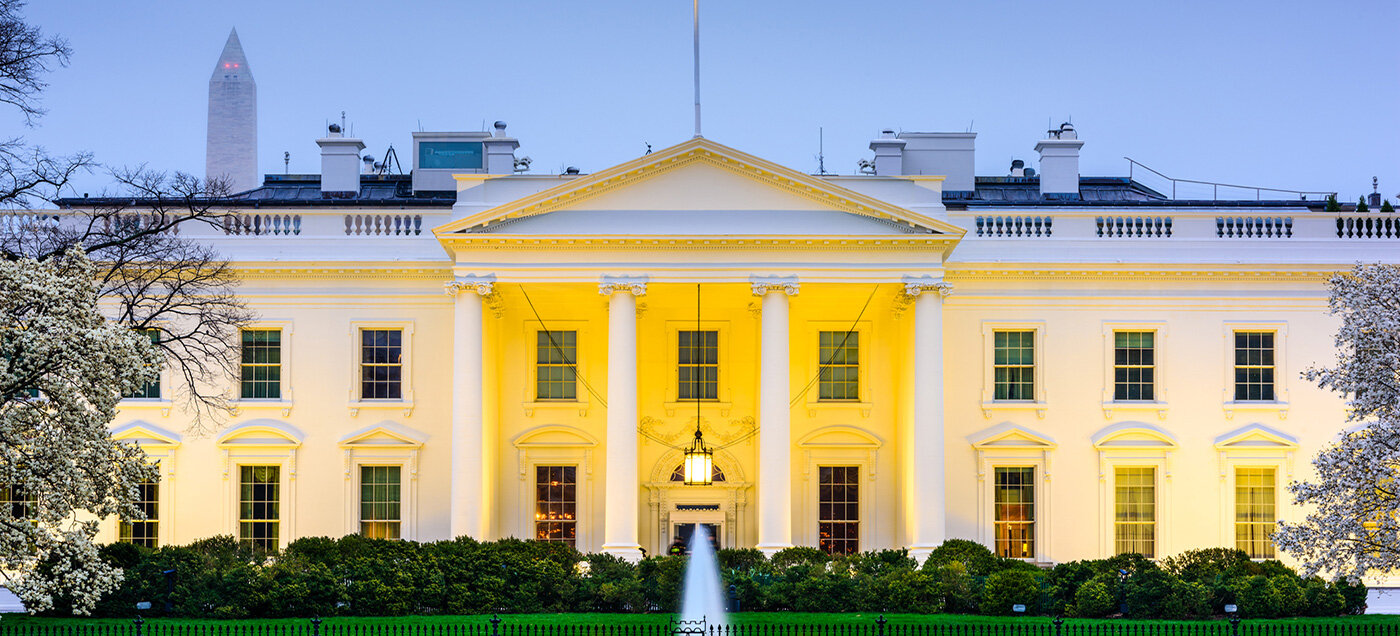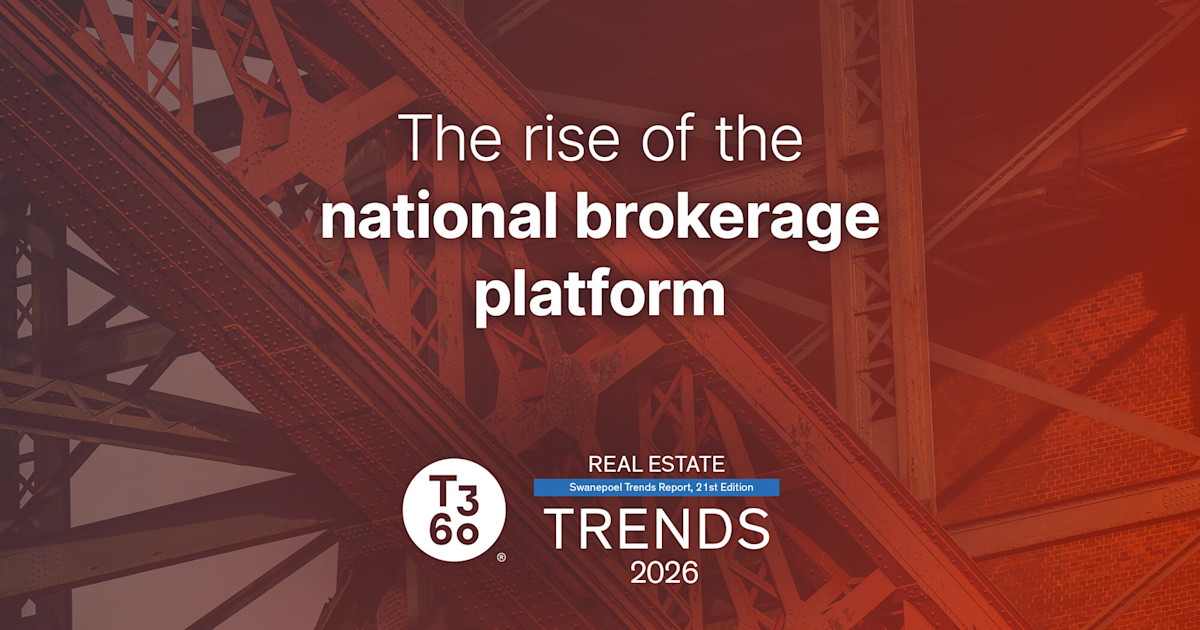A
government shutdown may begin as a political dispute in Washington, but its effects quickly spill over into everyday life—especially in housing. Economists warn that while short closures leave the economy largely intact, prolonged stops can ripple through real estate by stalling home loans, interrupting insurance, and scaring potential buyers. “The housing market is particularly fragile because many deals hinge on federal services,” notes Selma Hepp, chief economist at Cotality.
The first hit is on federally backed mortgages. About 25 % of home‑loan applications use FHA, VA, or USDA financing. When agencies furlough staff, those loans sit in limbo. The USDA has already halted new lending and postponed scheduled closings, while transactions that require IRS or Social Security verification may stall. Even employment checks for federal workers become harder to verify.
A shutdown can also freeze flood‑insurance renewals, blocking sales in high‑risk areas, and add friction to refinancing, student aid, and small‑business lending that rely on tax transcripts or government verifications. “Even buyers who aren’t directly dependent on federal loans may find themselves caught up in the bottleneck,” Hepp says.
Markets often react in unexpected ways. Investors typically flock to Treasurys during shutdowns, pushing yields lower and shaving mortgage rates by an eighth to a quarter of a percentage point. A 30‑year fixed rate of 6.375 % might dip to about 6.125 %. Yet this relief rarely offsets the broader uncertainty.
For the Federal Reserve, the bigger problem is data blackouts. With the Bureau of Labor Statistics, Census Bureau, and other agencies unable to release inflation, employment, or consumer‑spending reports, policymakers lose their most reliable gauges. Although the Fed continues to operate—funded independently—the absence of official numbers makes it harder to decide whether to raise, cut, or hold rates. That uncertainty alone can fuel market swings.
Beyond finance, the shutdown’s ripple effects are wide:
- Local budgets strained by delayed federal funds for housing and infrastructure.
- Credit risks rise as furloughs or missed paychecks hurt workers’ repayment ability.
- Consumer caution curbs spending and large purchases.
- Global confidence falters as repeated shutdowns raise doubts about U.S. fiscal stability.
The mix of modest rate relief and mounting operational headaches can be a deal‑breaker for first‑time buyers and households on tight budgets. “The irony is that while shutdowns may soften mortgage rates slightly, the practical barriers they create—slower approvals, insurance lapses, missing paychecks—can lock more buyers out of the market,” Hepp concludes.













